I recently came across this quote by John Burroughs: "The simplicity of winter has a deep moral. The return of nature, after such a career of splendour and prodigality, to habits so simple and austere, is not lost either upon the head or the heart. It is the philosopher coming back from the banquet and the wine to a cup of water and a crust of bread." It resonated with me deeply and inspired this blog post, the first of 2021.
This time of year is a quiet time for me on the smallholding. Nature in deep Winter is asleep and I am aware that my own rhythm has slowed right down. My energy levels are as low as the days are short and being productive is not the order of the day in January. My mood is reflective and introspective, gently cradling the seeds of this year’s plans or projects till it’s time to begin to put them in action in a few weeks. Not now. I am spending time reading books, curled up by the fire with a hot drink, and catching up on some sewing repairs. I actually relish this homely time because I know that there will come a time when my energy will be required out on the land so this quiet, restful time enables me to gather my energy for the intense months ahead. Since moving to our smallholding five years ago, I have noticed that I have become much more attuned to the seasons, living a life led more by natural rhythms and less by the expectations or requirements of others. I feel very lucky about this and I engage with this choice wholeheartedly, with much gratitude and mostly without guilt.
Winter is also the perfect time to observe nature, to track wildlife, to watch the birds come and go and to look at the details of what is around us, what needs changing, improving or maintaining. We have had hard frosts and even snow this week and I enjoyed spending time capturing our Winter landscape with my camera, looking at the white mountain tops of Cadair Idris and Aran Fawddwy in the far distance and the tiniest of snowflakes on the last few rosehips right by the gate, and everything in between in this monochrome landscape after snowfall. I find noticing how the landscape changes according to both weather patterns and the seasons very grounding as it gives me a rooted sense of place. This goes some way to nurture me, especially important in turbulent times such as the ones we are going through.
In Wintertime, there is a lot of dead plant material in our flower beds but I am in no hurry to tidy it all up because it all provides a source of food and habitat for insects and wildlife. Besides, I think even decaying stems and seed heads have a lot of charm and they remind me that there is a time for everything and that beauty can be found in all stages of the growth cycle. In this way, Winter teaches us that there is joy in even the simplest of things that we can be quick to overlook or dismiss as unworthy of our attention.
Our veg plot continues to sustain us, even with the reduced range of produce during the Winter months. We are currently harvesting leeks, parsnips, kale, swede, Jerusalem artichokes, lettuce and carrots. We are also using the pumpkins, squashes and apples we have stored from the autumn harvests. We enjoy soups and slow-cooked stews and casseroles in Winter, simple dishes but oh so nourishing and full of the flavours and goodness from our own garden. This return to simplicity, “to a cup of water and a crust of bread” as John Burroughs puts it, is very welcome after the rich food and sweet treats of the Christmas season just gone.
Winter, with its apparent inactivity, stark landscape with bare trees and hedgerows and distinct lack of colour, cold and wet weather and low levels of sunlight is perhaps the season that exposes us most to ourselves, to our own nature with all its quirks and intricacies, including our frailties and vulnerabilities. Nature is naked and exposed in the Wintertime, with no leafy growth, few flowers or fruit to distract or dazzle us. Nature has now shifted from doing to simply being, taking a much needed respite before the cycle of life begins again. In our culture where doing is valued at the expense of being, we are trained from a young age to prioritise productivity in such a way that our sense of identity and our self-worth are tied to and defined by what we do and how we do it. The resulting effect is that we seem to have lost our ability to be idle, relax and rest so much so that we even fill our downtime with doing rather than being. Consequently, we appear to have grown deaf to Winter’s call to make the shift within ourselves from doing to being at this time of year. Could this be an explanation for the big number of people I come across who are already starting to grow veg, tricking the seeds into active growth with artificial lights and heat, jumping hastily out of the frenzy of Christmas into the hustle and bustle of Spring without pausing or coming up for breath?
Ironically, it is when we begin to make more space in our life for simply being that the doing follows, emerging when the time is right. More importantly, prioritising being over doing means that we can be present to all our experiences as they unfold, uncensored and unhindered. Choosing to live in tune with the seasons helps to be open to and mindful of all the parts that make us whole, only prioritising one over another when necessary. Living with the seasons teaches us that there is a time for everything, which the quote above evokes beautifully with its striking imagery. Right now, I welcome the simplicity of Winter.
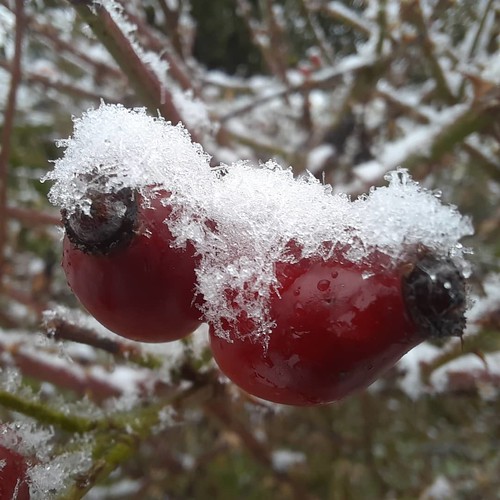

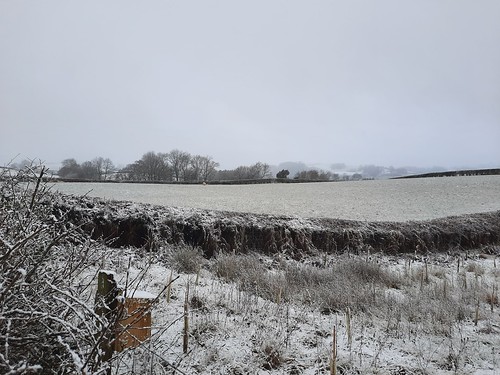
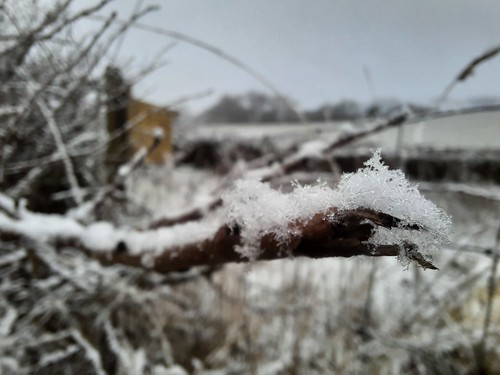
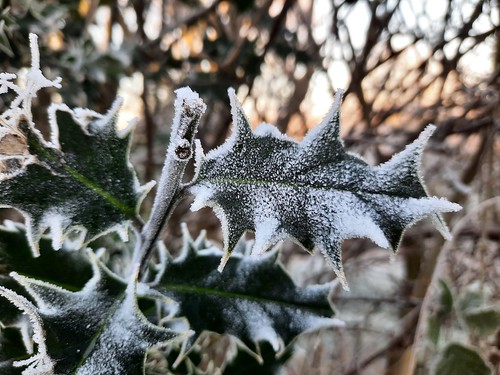
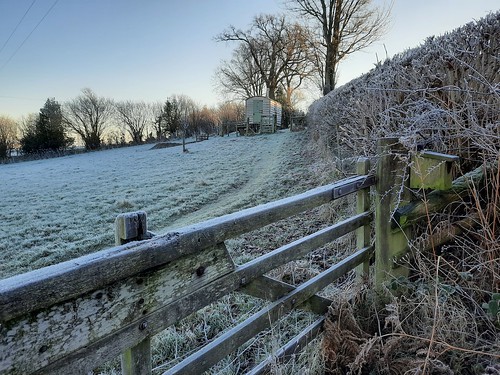
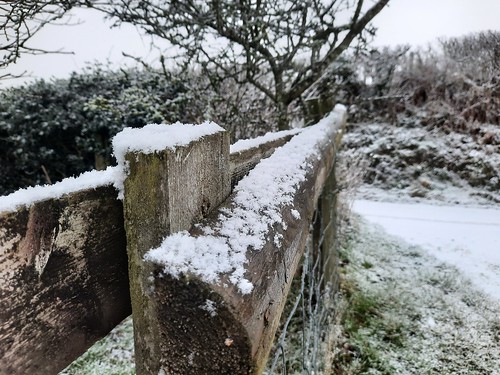
Love this article, Maryline, thank you for sharing. I'd love to share a link to it in an upcoming email course, if I may? Katherine
Posted on By Katherine
Hello Katherine By all means, share the link to this blog post. Thank you.
Posted on By Maryline
I do so agree with the other commentators that you have written a beautifully worded blog. Yes, althouh life is very quiet, Peter and I seem to keep occupied, he with painting and drawing and me dreaming up appetising recipes with occasional forays into writing my memoirs. Enjoy your winter 'at home'. love from Sheila
Posted on By Sheila Mills
Thank you very much, Sheila. Keep safe and well.
Posted on By Maryline